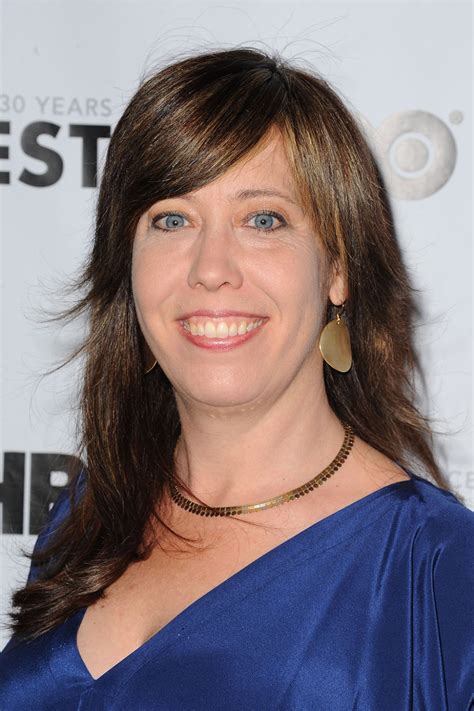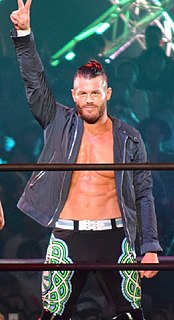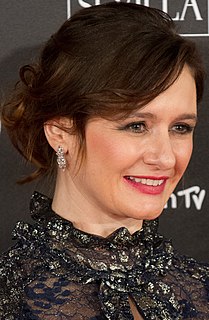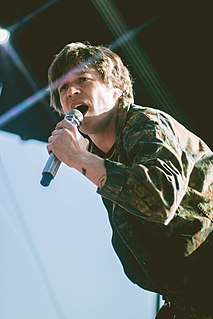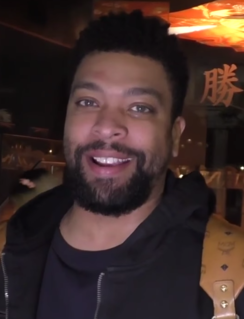A Quote by Jane Lynch
Once you start classifying and trying to identify your own comedy style, you've ceased to be funny.
Related Quotes
[In comedy] you never want to leave the actors hanging out to dry. So you need to come up with funny individual stories for each character, and then you do this sort of comedy geometry, weaving them together. Once you've got a funny structure and you know why the scenes are funny, then you get super funny people to say your own lines, say their own lines, say things in their own way, and every scene is a live rewrite in front of the camera.
Cultivate your own capabilities, your own style. Appreciate the members of your family for who they are, even though their outlook or style may be miles different from yours. Rabbits don't fly. Eagles don't swim. Ducks look funny trying to climb. Squirrels don't have feathers. Stop comparing. There's plenty of room in the forest.
As a songwriter, you tend to develop your own style, your own technique, based around what it is you're trying to write and perform, in terms of your own music. So a way of evolving a guitar style as a songwriter is much easier, I think, than developing a true style of your own just from listening to music or playing other people's music.
As a writer, I haven't delved into dramatic writing. As an actor, I could always, even more so than comedy, do drama. When you do your comedy and your drama, your acting style doesn't change. If it's a comedy, the situations and the characters might be a little funnier, but you're just trying to be honest.
I have to say that my background in comedy, of performing live, has been such a great foundation for what we do now on camera. I really value having that kind of experience. Because when you're doing comedy shows you're writing your own material and trying it out on people and you know people find funny and don't.
I think the role of comedy in your life should supersede anything and everything negative. Just by virtue of the fact that you have to be funny, you can't afford to focus on the negative. As a comedian, your challenge is to turn negative stuff into positive energy. You should be able to hear anything that sounds bad, that people normally wouldn't laugh at, and make it feel funny to you. No one should be able to deter you, once you have your mind set on comedy. Your survival as a comedian should be as natural as breathing. I need to breathe and I consider my career my air.
Most of the jokes that I wrote were funny and there always seems to be an aspect of comedy in my long-form work. I think that's how life is. I think even the more dramatic moments of one's life are often punctuated by very funny comments or situations. I like to say, "Keep your comedy serious and your drama funny, and you'll be pretty true to life."
Love is about bottomless empathy, born out of the heart’s revelation that another person is every bit as real as you are. And this is why love, as I understand it, is always specific. Trying to love all of humanity may be a worthy endeavor, but, in a funny way, it keeps the focus on the self, on the self’s own moral or spiritual well-being. Whereas, to love a specific person, and to identify with his or her struggles and joys as if they were your own, you have to surrender some of your self.

